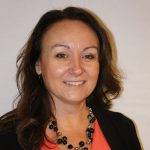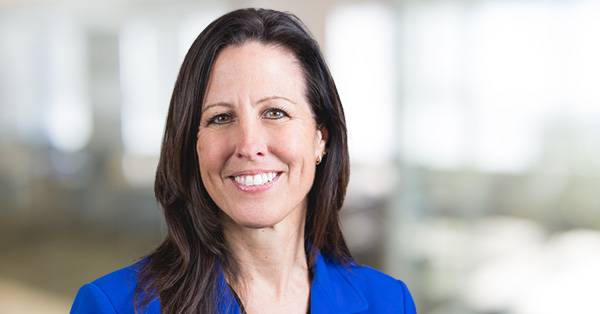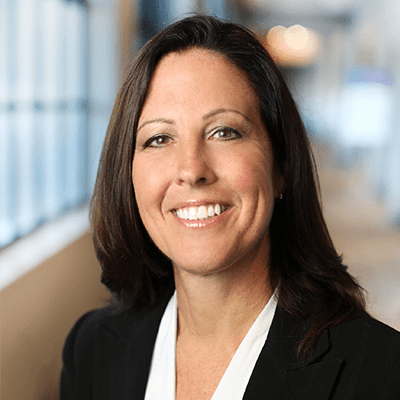- Solutions
- Solutions
- Home Health
- Hospice
- Life Plan Community
- Palliative Care
- Private Duty
- Senior Living
- Skilled Nursing
- Skilled Nursing
- Skilled Nursing Software
- Advanced Insights
- Customer relationship management
- Data and analytics
- Financial & operations management
- Marketing
- Nutrition management
- Referral management
- Regulatory compliance
- Retail management
- Resident engagement
- Revenue cycle management
- Skilled nursing interoperability
- Partners
- Blogs
- Resources
- About
- User Conference

A quick look at automated medication management reconciliation
Just what did the doctor order?
Automated medication management reconciliation are mighty fancy words, and they might sound impressive. But manual medication management—say, by keeping track in a notebook or even a spreadsheet—doesn’t impress anyone. It robs caregivers of valuable hours they could be spending on direct patient care, and because it’s often riddled with out-of-date information and rife with human errors, it reduces resident safety.
Imagine trying to keep up with patients who come in with a paper bag full of prescriptions and a family caregiver who isn’t sure what mom should be taking or what dad is taking. Imagine how often the medications residents receive in the hospital interact with their daily meds, so alterations get made and no one can keep up. Imagine how many medications your staff has to manage when most residents are on 10+ meds a day—some that are “two every four hours,” some “four every two hours,” some taken only “when there’s pain, and then only on a full stomach.”
You’re probably saying you don’t have to imagine these scenarios because they’re all too real, all too often.
Your care team has to look at all the residents’ medications and all their diagnoses and continually play catch-up with what prescriptions to continue and what to cut. This is complex, confusing, and time-consuming, and it leads to errors. Simply put, if medication management isn’t done right, it can be dangerous and deadly.
Here’s a spoon full of sugar.
You and your caregivers don’t have to do this manually anymore, so you can save both time and lives.
Automated, electronic medication reconciliation not only helps the medicine go down, as it were, it keeps the schedule straight and makes instructions clear for your entire care team. It also captures and sorts medication data (what they’re taking, what physicians have recently prescribed, etc.), and does so electronically—in real time—so you start with an accurate understanding of each resident’s situation, and you can stay on track as things change.
Supplement that with electronic medication administration record (eMAR) software, and you can put all that medication data to work for you. With information on hand in an instant, your nurses and staff can safely and efficiently administer, track, and manage each resident’s prescriptions.
eMAR tells you which meds are due now, which are coming up and which, if any, are late. This ensures that residents get the right meds at the right time—and it’s all documented. And if the meds are refused, or the resident was unavailable, there’s a record of why. It not only gives you insight into precisely what each resident needs and when, it gives their family one more reason to trust your facility.
It’s easier for you and safer for residents.
Automated reconciliation and ongoing management not only simplify how you track meds, treatments, behaviors, and side effects, they’re best practices for minimizing errors and maximizing resident stability and health.
How many times, for example, have you heard a new resident say “I’ve been taking this for years, and no one has told me if I’m supposed to. Should I stop?” When you reduce these unnecessary medications, you reduce the time your staff spends distributing medications. That, in turn, reduces the potential for Covid transmission.
With the right solutions in place, it’s also easier to reorder prescriptions. And by “easier,” we mean “automatic.” Once the resident’s list of medications is approved by the physician, it goes to the pharmacy and is renewed automatically. If the prescription changes—if the resident gets Covid, for example—the schedule changes instantly and, again, automatically.
The full care team can see these changes in real-time. So if something is discontinued or added, everyone knows it immediately—even if a caregiver is new or filling in that day.
Save more time, save more lives.
When you look at medication management solutions, look at options like MatrixCare, which provides structure and automation for your med-management program. Look for a solution that ensures complete documentation, provides oversight and analytics, and simplifies reporting. Look for a solution that takes tasks off caregivers’ hands, so they can spend their time actually providing care, not searching for details in a resident’s drug history.
The right solution makes all this possible, keeping up-to-date information in front of your entire care team—so they can deliver safer, better care.
Request a demo today for a closer look at MatrixCare.
See what MatrixCare can do for you
Amy Ostrem
Amy Ostrem, Vice President, Strategy & Portfolio Management, has been working with our products and service teams for more than 2 decades. She originally was a client before joining the company as a Client Education Consultant and has served in various departments and roles through her tenure. In her current role, she divides her time between client communications, client service teams, sales enablement, and product development teams. Ostrem oversees the Product Strategy, Value Proposition, Commercialization, Product Managers, and Business Analysts. She participates in industry events, client engagement sessions, focus groups, our annual Inspire event, and presents regularly at provider advisory boards. Ostrem holds a bachelors degree from Concordia College in Healthcare Financial Management.
Related Posts

See MatrixCare in action
Start by having a call with one of our experts to see our platform in action.
MatrixCare offers industry-leading software solutions. Thousands of facility-based and home-based care organizations trust us to help them improve efficiency and provide exceptional care.







